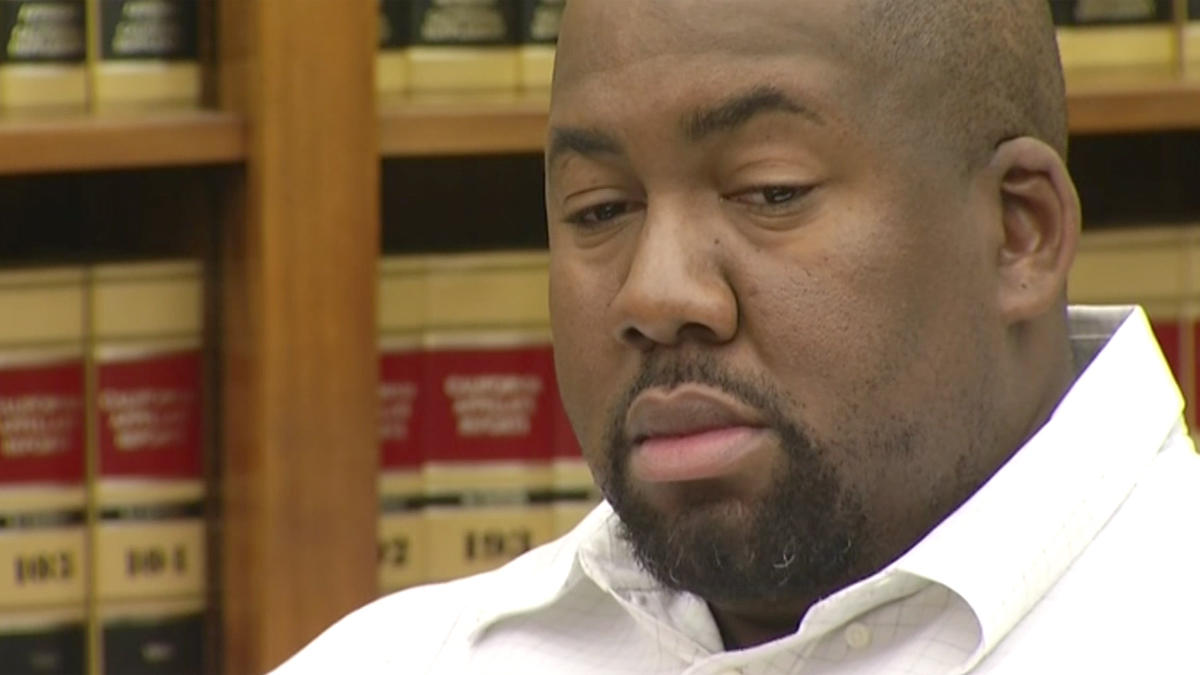A Navy veteran was sentenced in December to four months in jail for running a medical marijuana dispensary in San Diego.
Jovan Jackson was sentenced Dec. 13 to 180 days in county jail, minus 48 days served, along with three years probation. He will begin serving his sentence Jan. 3.
Jackson is one of a long list of dispensary owners across the state persecuted by federal and state authorities. Though policies regarding legal weed have supposedly changed, prosecutions of business owners continue.

District Attorney Chris Lindberg, who prosecuted Jackson, argued the veteran broke California law by making money off the dispensary. State law allows only non-profit medical pot shops.
According to Lindberg, the dispensary, Answerdam Alternative Care, netted Jackson $160,000 over a span of 75 days – meaning it wasn’t non-profit.
“He didn’t comply with the medical marijuana laws,” Lindberg said in November, when a jury convicted Jackson of marijuana sale and possession.
Jackson’s case dates back to 2008. His sentence could have been longer, but the judge said the prosecution failed to prove what happened to the $160,000.
This case is part of a larger pattern in California. Voters here legalized MMJ in 1996, the first in the nation to do so. But troubles have followed the law ever since. Dispensaries started popping up across the state years ago, and they eventually became so common, police and federal authorities teamed up to crack down on them in many places.
Marijuana is illegal under federal law, so federal prosecutors have been able to send providers to jail even though they obeyed California law. And despite the state’s medical cannabis law, even some state officials – and many locals – have gone after dispensaries too.
That approach was supposed to change dramatically this summer. In late August, the Department of Justice announced it wouldn’t interfere with legal weed so long as states enforce stringent criteria, such as keeping pot away from kids.
Yet numerous high-profile cases have continued since then, and prosecutors show little sign of letting up. Jackson’s was a state rather than a federal prosecution, not subject to the DOD policy, but it’s in line with a system that refuses to acknowledge times have changed – regardless of what voters say.
Prosecutions like Jackson’s may soon be a thing of the past, however. Most voters in California now support full legalization, and that’s expected to pass at the ballot box next year. Under legal weed, retail shops will likely be for-profit, allowing entrepreneurs to earn a buck like honest businesspeople, without going to jail.
 California Marijuana Market Breaking "Marijuana News" from CA
California Marijuana Market Breaking "Marijuana News" from CA





